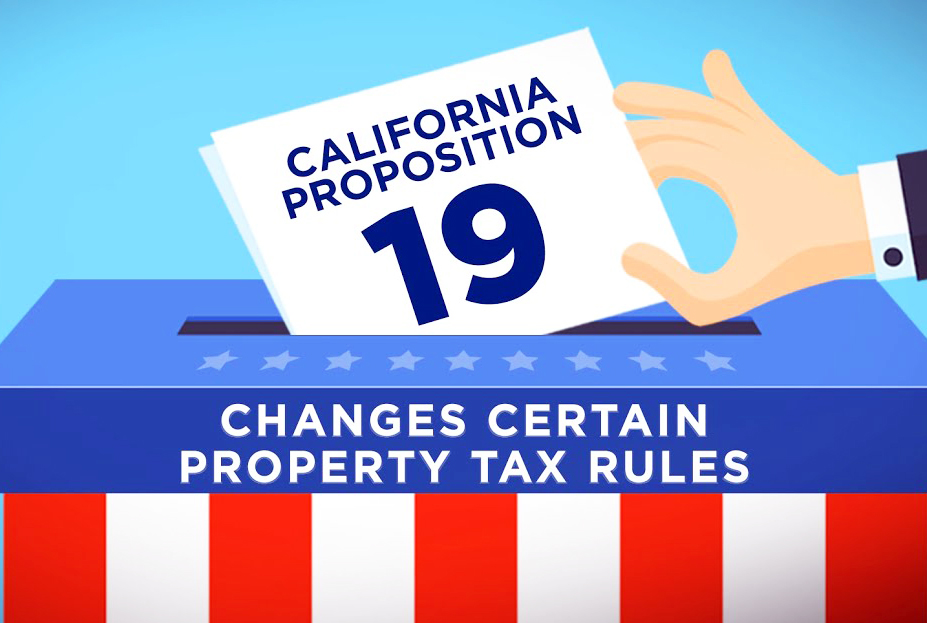Effects of New Law Debated
 |
|
|
OK, quiet on the set! 'California Tax Revolt,' take 34. Roll tape a-a-a-and…action!
As in several elections over the past four decades, California voters took a stab in November at reshaping the state's property laws, much of which was drafted originally in 1978's 'tax revolt' of Prop. 13.
This time, voters declined to unleash restraints on commercial property tax levels, but loosened them for residential.
"They got over the hurdle this time," said realtor Kevin Swartz of the Saratoga-based Erdal Swartz Team, referring to the less successful of 30-plus other ballot measures attempting to massage Prop. 13 since its passage. "I've had a lot of people asking me questions about it."
 |
By similarly slim margins on Election Day, 52 percent of Golden State voters rejected the commercial property tax revisions of Prop. 15 but approved the residential property tinkering of Prop. 19. The results are scheduled for certification December 11 and, in the case of 19, expected to take effect February 16.
Those potential effects are still being debated, but Swartz, who is an Eichler specialist and member of the Eichler Network, noted that the anticipated increase in home sales from Prop. 19 played a big part in the California Association of Realtors backing it to the tune of $35.7 million.
"There may be more homeowners that decide to just go ahead and sell their properties instead of passing them on to their relatives," the realtor said carefully, later suggesting, "This changes the availability of those homeowners to stay in the area."
While Swartz sees some drawbacks to the new legislation, East Bay-based realtor Thomas Westfall, an Eichler specialist with Compass Real Estate, views the glass as half full because of the greater freedom in transferring property tax basis for sellers.
 |
"I've already seen the pandemic increase [housing] inventory. This will add to it," Westfall predicted. "I didn't see it as a negative."
Westfall explained that Prop. 19 loosening restrictions on where a seller can relocate and how much they can spend on their next home "are letting you go and buy bigger. I think it's great!"
It's another aspect of Prop. 19 that bothers Swartz: the heirs of a homeowner who dies will no longer be able to take possession of the home without it being reassessed for property tax value unless it's been their primary residence. That's a big deal for the tens of thousands of Californians every year who had been benefitting from the assessment freeze instituted by Prop. 13.




